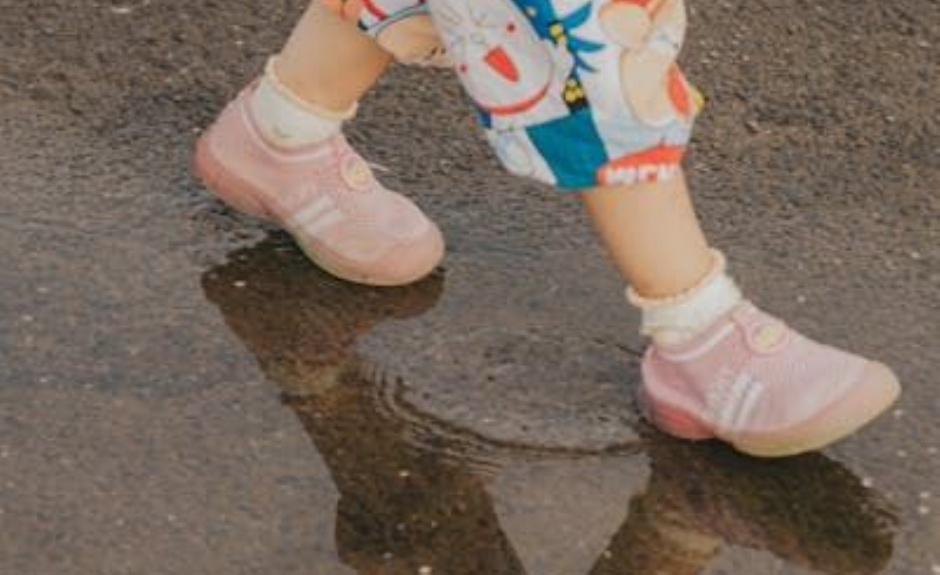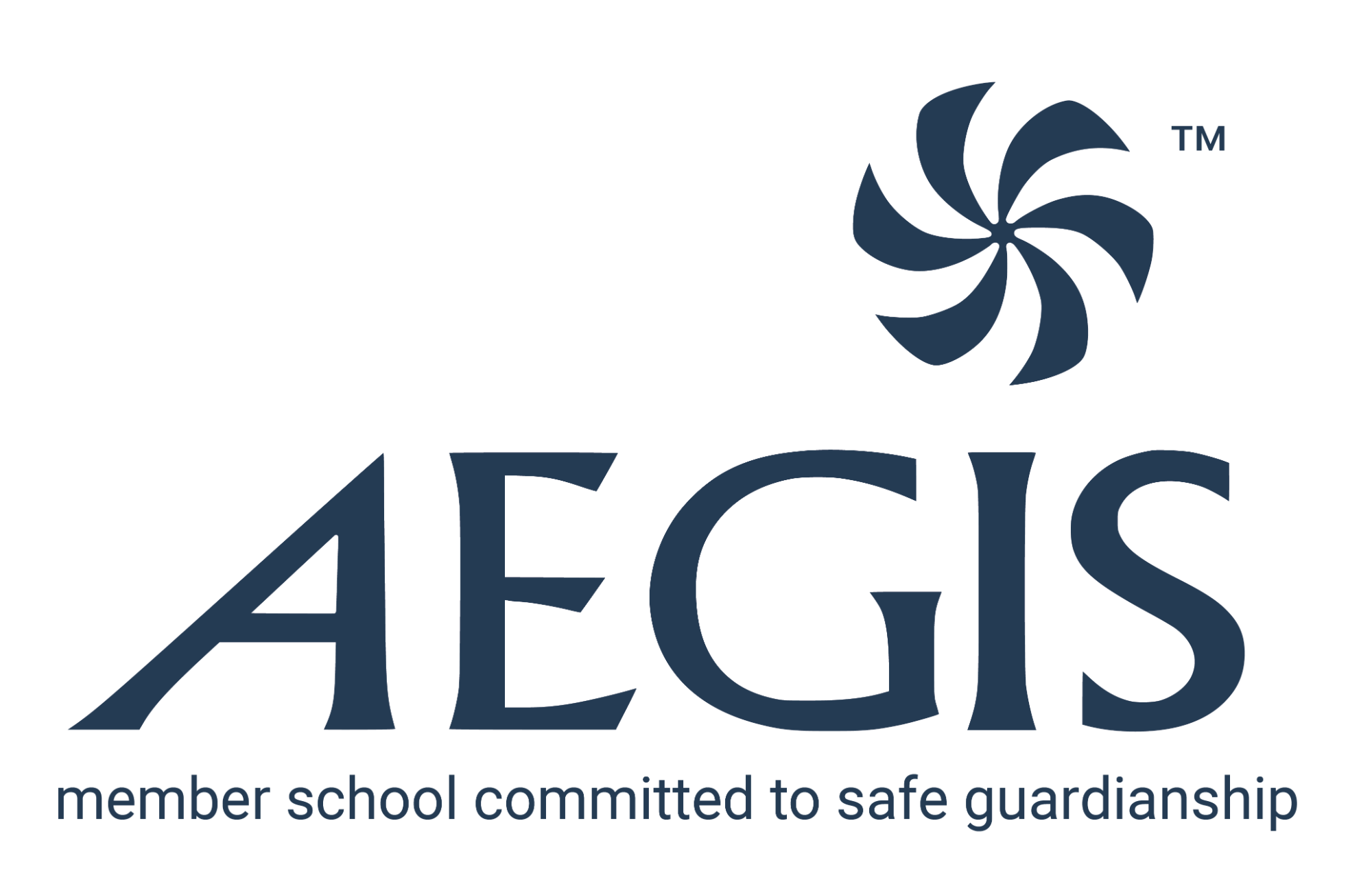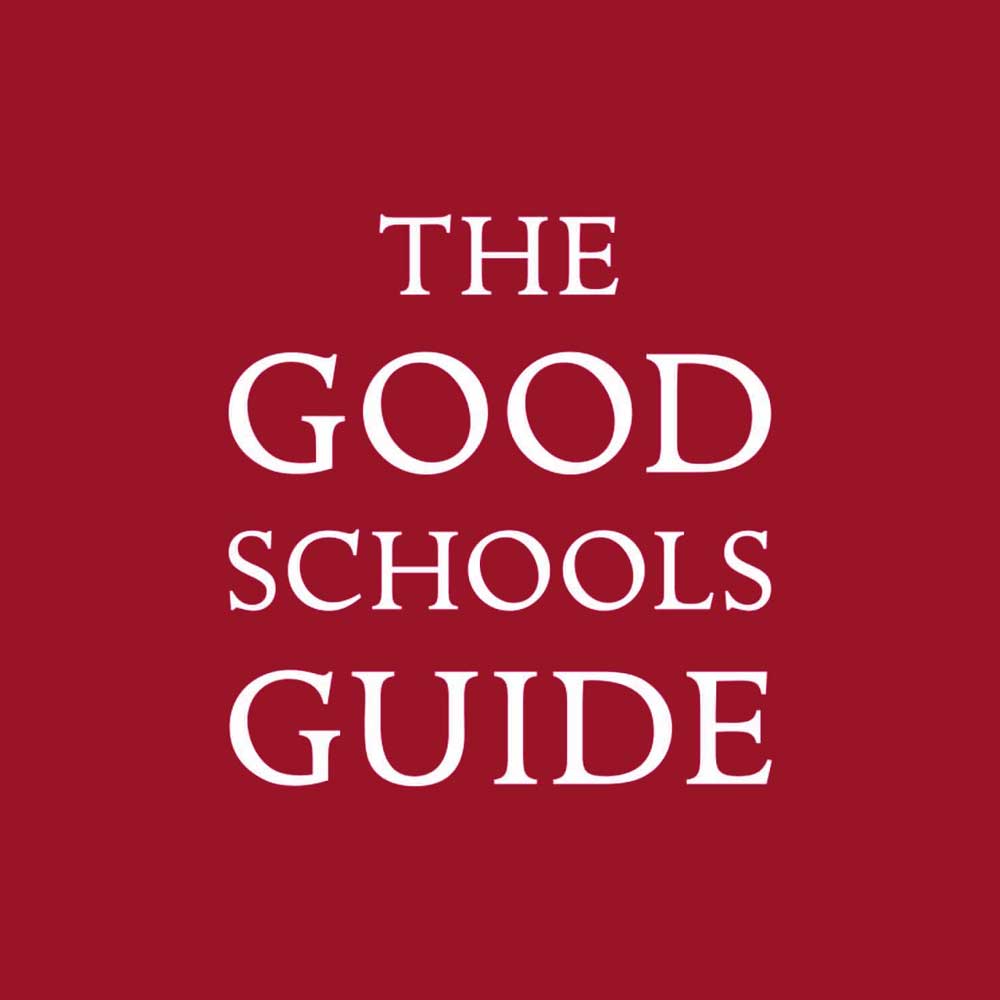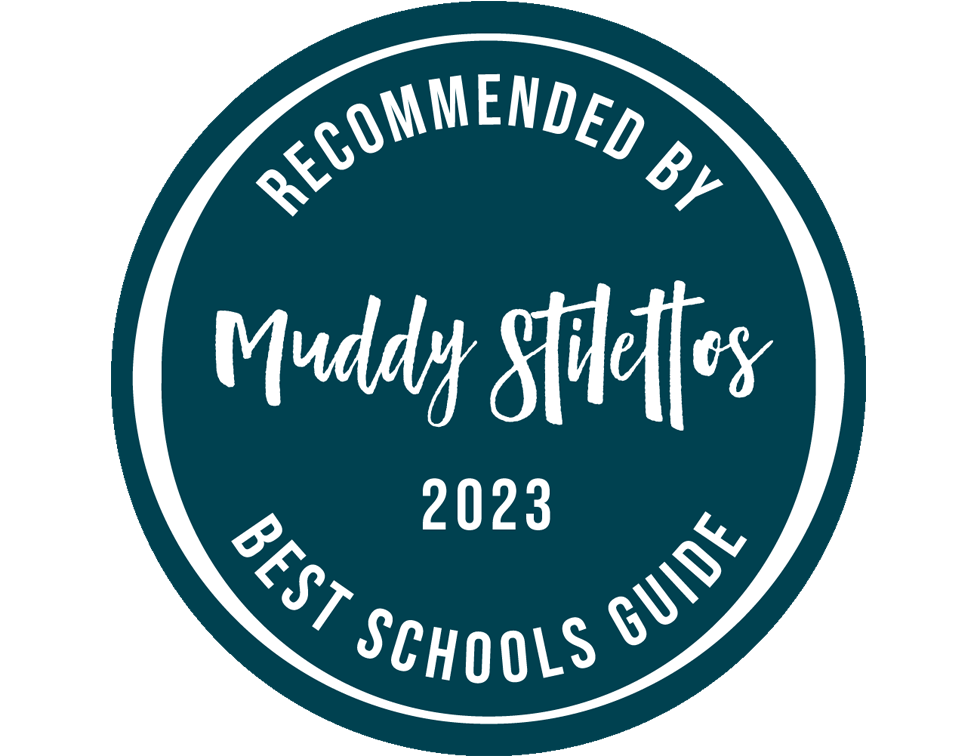Navigating the Pros and Cons of Comparison

Comparison is something we all do, often without realising it. Children notice who runs the fastest, who answers quickly, who colours neatly; adults do much the same, only in subtler ways.
It’s a natural instinct - part of how we understand ourselves in relation to the world. Yet, how we guide children to interpret these comparisons can have a profound effect on their wellbeing.
Mark Twain once wrote, “Comparison is the death of joy.” It’s a reminder that comparing ourselves too often, or too harshly, can drain the pleasure from our own achievements. But comparison, in its healthiest form, isn’t the enemy. In fact, it can be a powerful teacher. When a pupil sees a friend working with determination, showing kindness, or persisting through difficulty, it can gently nudge them toward the same qualities. Healthy comparison inspires rather than diminishes; it invites children to consider what is possible for them, rather than what is wrong with them.
Of course, comparison has its shadows. Children can be quick to assume that others are “better”- better at sport, better at maths, better liked, better behaved. When pupils focus too much on the abilities of others, they risk losing sight of their own progress and the many small victories that quietly shape their growth. In today’s world - where online images often present impossibly polished lives - helping children stay grounded in their own experiences is more important than ever.
Supporting our children begins with encouraging them to recognise their own journey. Everyone develops at a different pace; everyone shines in different ways. When children learn to appreciate their efforts, however modest they may seem, they begin to build confidence from within rather than from comparison. Gratitude plays a transformative role here, helping them shift their attention from what others have, to what is already good and growing in their own lives. As Brené Brown wisely puts it: “Stay in your own lane. Comparison kills creativity and joy.”
Comparison will always be part of life - it cannot be avoided, nor should it be feared. But with thoughtful guidance, children can learn to engage with it in a way that strengthens rather than undermines them. By encouraging self-awareness, gratitude, and a focus on personal progress, we help pupils understand that their value isn’t measured against others, but found in who they are becoming.
In the end, wellbeing grows not from being ‘better than,’ but from recognising that we are each enough, and that our own path is worthy of attention, patience, and pride.
Craig Cuyler
Designated Safeguarding Lead/Director of Wellbeing/
Head of PSHEe/Assistant Housemaster (Main School)









